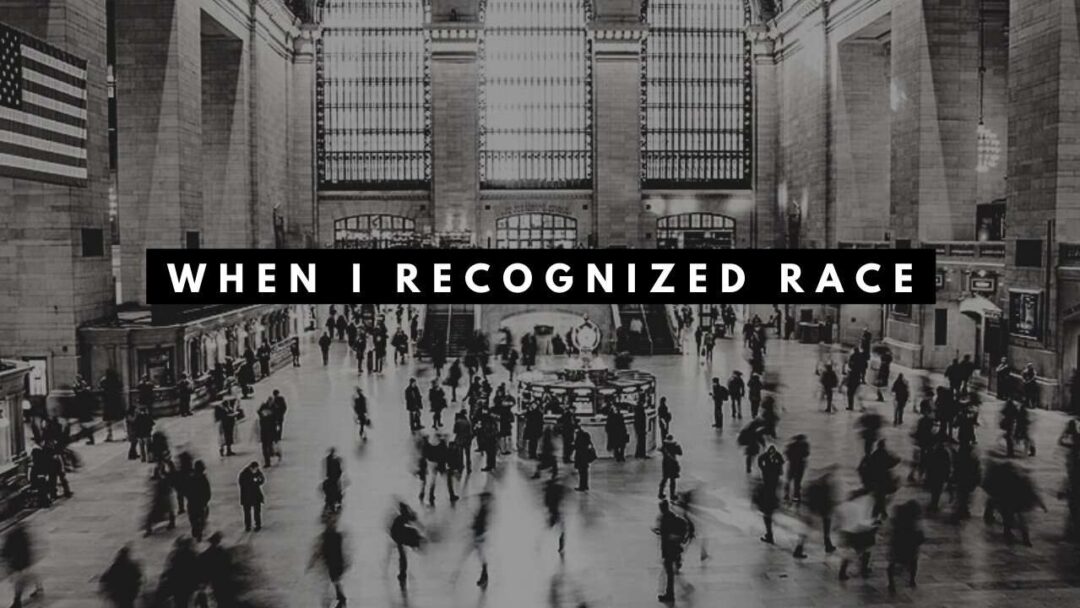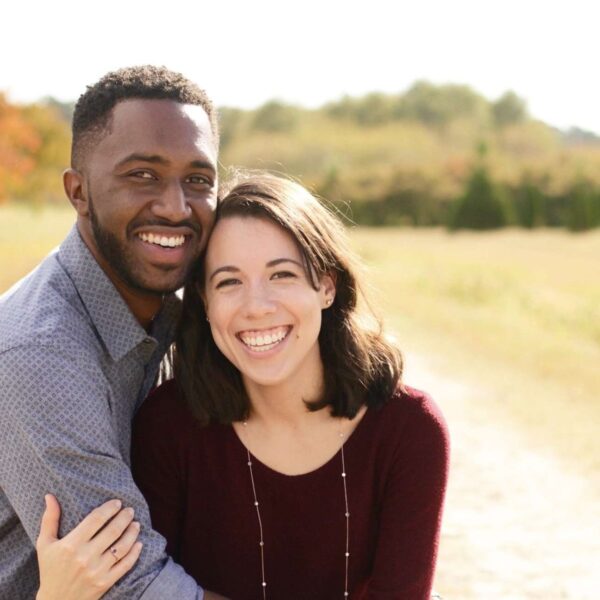“What are you?”
I first remember hearing that question when I was in preschool. I had not yet truly Recognized Race. My family had just moved to the Northern Virginia area, and I was introducing myself to my classmates on the first day of school. Before I was married, my last name was Japanese, but my face looked white, and my classmates could not quite understand the contrast.
My parents raised me to understand that I am both Caucasian and Japanese. They taught me my ethnic background the same way they made me memorize our home address and phone number. I proudly told my classmate, “I’m Irish, English, German, Dutch, Scottish, and half-Japanese.” This was before Ancestry.com DNA tests, so my classmate was not expecting such a well-rehearsed answer. He just shrugged and turned back to look at the teacher, but that question would follow me the rest of my life—and it still does today.
Multiracial individuals are often asked, “What are you?” which marks an interesting reminder that being monoracial is seen as the norm in America. According to the 2010 US Census, there are millions of multiracial individuals in America, but most identify themselves as monoracial because of the “one drop rule” that was predicated in American culture since the founding of the country. This has embedded an “either-or” mentality in American racial dynamics.
My biracial status would continue to confuse and perplex kids all throughout my school years. I was blessed enough to grow up in a diverse school system—diverse monoracially at least—so I was around other people of color. And yet, instead of being welcomed into these diverse groups, I often was disqualified as being a “banana” or “twinkie” (yellow on the outside but white on the inside) in Asian circles or the “token Asian” in white circles. My peers seemed more comfortable when I identified as either white or Japanese—but not “both-and.”
The follow up question to “What are you?” usually became “Well, do you speak Japanese?” or “Have you been to Japan?” I got used to this colloquy over the years, but my younger self always felt uncomfortable that I seemingly had to pass a racial litmus test to justify my racial identity. The contradictory messages I was receiving confounded me. On one hand, the “one drop rule,” or the idea that any non-white blood makes someone other than white, argued that race was biological. That meant that I was a monoracial person of color. On the other hand, this litmus test unconsciously indicated that race was a cultural concept, leaving me a monoracial person of majority culture.
I felt uncomfortable when I had to explain that my family did not speak Japanese at home for historical reasons. My Japanese relatives were placed in internment camps during World War II despite their American citizenship, so they were forced to sell, burn, or give away most of their Japanese heirlooms. After their release, they chose to speak English only in public and at home to dispel any suspicions that they were loyal to Japan during the war. Unfortunately, that meant that my father and uncle did not learn to speak or read Japanese nor did they teach my cousins, brother, or me. We also did not have traditional Japanese dress (e.g., kimonos) or celebrate many Japanese holidays because my grandparents chose to celebrate most American holidays instead—again, to affirm their American citizenship. These were complex conversations that I did not always know how to have and still struggle to carry out gracefully to this day.
My family was very intentional about teaching me their Japanese-American history. Most monoracial people of color would give me a “pass” when I would explain this darker side of my family history, as if this oppression adopted me into the minority community. I felt confused and embarrassed to have to share something so personal to acquaintances who just wanted to know my racial status.
Over time, I learned that I did not have to accept the pressure and discomfort from others in terms of my racial identity. I Recognized Race, but I am thankful my parents and extended family exposed me to many cuisines, holidays, and experiences from both sides of my family. Growing up, this both-and mentality taught me that race and culture reflected multiple categories and encompassed more than the oppression my Japanese predecessors faced, the language my family spoke, or even my physical appearance.
My racial identity development has taken many forms over the years, as I have struggled with various pressures to identify as monoracial or multiracial, but I praise God that I reflect His image (Genesis 1:26) regardless of the language I use to describe myself. Even more so, I am thankful the Lord gave me community in the local church, where I found a Savior who is both God and man (Philippians 2:6-9). God designed his church to be multiethnic (Ephesians 2:11-22), so it comes as no surprise to me that his people are multiethnic, too.
Prayer Requests:
- Pray to be quick to listen and slow to speak when asking multiracial individuals about their story.
- Pray the Lord would expand your categories of race to include a both-and mentality.
- Praise God for the multiethnic church and the many ways it reflects his image.












